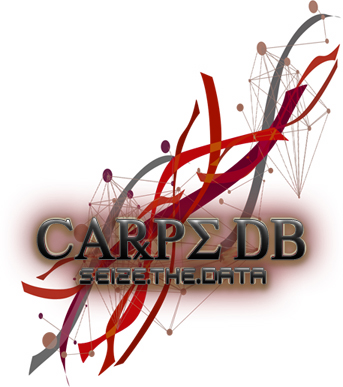
BACKGROUND: Juvenile myoclonic epilepsy (JME) accounts for 3 to 12% of all epilepsies. In 2004, the GENESS Consortium demonstrated four missense mutations in Myoclonin1/EFHC1 of chromosome 6p12.1 segregating in 20% of Hispanic families with JME. OBJECTIVE: To examine what percentage of consecutive JME clinic cases have mutations in Myoclonin1/EFHC1. METHODS: We screened 44 consecutive patients from Mexico and Honduras and 67 patients from Japan using heteroduplex analysis and direct sequencing. RESULTS: We found five novel mutations in transcripts A and B of Myoclonin1/EFHC1. Two novel heterozygous missense mutations (c.755C>A and c.1523C>G) in transcript A occurred in both a singleton from Mexico and another singleton from Japan. A deletion/frameshift (C.789del.AV264fsx280) in transcript B was present in a mother and daughter from Mexico. A nonsense mutation (c.829C>T) in transcript B segregated in four clinically and seven epileptiform-EEG affected members of a large Honduran family. The same nonsense mutation (c.829C>T) occurred as a de novo mutation in a sporadic case. Finally, we found a three-base deletion (-364--362del.GAT) in the promoter region in a family from Japan. CONCLUSION: Nine percent of consecutive juvenile myoclonic epilepsy cases from Mexico and Honduras clinics and 3% of clinic patients from Japan carry mutations in Myoclonin1/EFCH1. These results represent the highest number and percentage of mutations found for a juvenile myoclonic epilepsy causing gene of any population group.
[Full Text] [Submit Annotation]